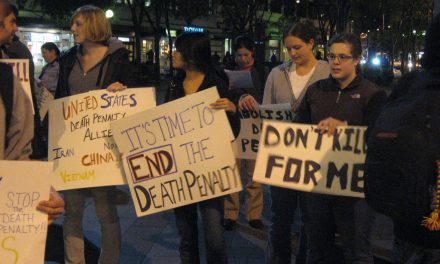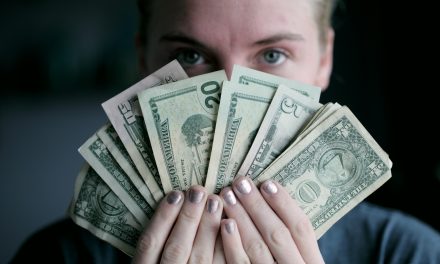This is the third J-term in a row that I am teaching an Introduction to Christian Morality, in which I have used sections from Fr. Bryan Massingale’s Racial Justice and the Catholic Church, along with Peggy MacIntosh’s classic essay “Unpacking the Invisible Knapsack.” My students come predominantly from white urban or suburban neighborhoods surrounding the Twin Cities, MN, and are therefore on the whole part of what both MacIntosh and Massingale describe as implicitly educated into a system of cultural racism that teaches whites NOT to see or be aware of the kinds of privilege that we benefit from every day. (I should note that I also grew up in a very similar culture and geographic location as most – though not all – of my students.) Therefore, these texts are very challenging for them, as they are asked to consider the fact that they have benefited from a system that has intentionally kept them unaware of their own unearned privilege, and conversely, the unfair loss of privilege and rights to people of color. Often the geographic divides between areas of white privilege are a matter of a few miles or blocks (and this is true of most urban areas in the U.S.), but the cultural divides might as well be measured in hundreds of miles.
I have noticed a very subtle, but I believe significant, shift in the way my students are responding to these readings this year. In the past, the conversation would go something like this. My white students would agree with MacIntosh that they have some degree of unearned privilege, but then are very weary of admitting that this means people of color are underprivileged. After all, we have equal legislation and opportunity in this country! I would then spend much of our class time trying to explain how it is logically impossible for white people to have additional privilege without someone else being deprived of equality. Sometimes this would sink in. But most frequently the conversation would also then turn to their perception of the unfairness of “reverse racism.” Why do the colored students get all the scholarships to attend to college, while I am struggling and taking on more debt? Again, I would then spend much of the class looking at the ways that the intentional exclusion of social privileges for people of color accumulates over time such that these attempts at redress or affirmative action start to seem quite paltry in comparison. Again, sometimes it sinks in.
But this year my students’ reactions have been different. (I still had one question about “reverse racism,” but we moved on very quickly). There is something shifting in our cultural awareness of racism and white privilege. The murders of Trayvon Martin, Michael Brown, Tamir Rice, and Eric Garner (who else am I missing from this list?), followed by a lack of indictments and absolutely ZERO legal action for any of the white people involved is just so in-your-face obvious that it is becoming impossible not to recognize that something is amiss in our culture. As opposed to having to convince my students that these realities exist, this year we were able to focus much more on Massingale’s analysis of cultural racism, and begin a conversation about how to address it. Of course, all of this is somewhat anecdotal, and it is certainly not a solution, but I sense something shifting.
I have been deeply influenced by the work of the sociologist James Davison Hunter (especially his recent book, To Change the World) on how cultures change. He notes that all cultural change is slow and gradual, unpredictable, and that true change rarely occurs without conflict and violence. Given these realities, I have no illusions or false hopes that things are getting better for people of color, that white people are going to voluntarily lay down our white privilege, or that things necessarily will get better just because our consciousness is shifting. But I do take it as a small sign of hope that the dreams and ideals of what Dr. King and so many other civil rights leaders stand for are somehow still at work in the conscience of our nation. Do we have the courage to keep listening to that conscience, to listen especially to the stories of those who are most disenfranchized (before they are shot), to face our own assumptions, biases, and access to privilege, and to keep working for change? That’s what I am thinking about today on this year’s celebration of the legacy of Martin Luther King, Jr.




